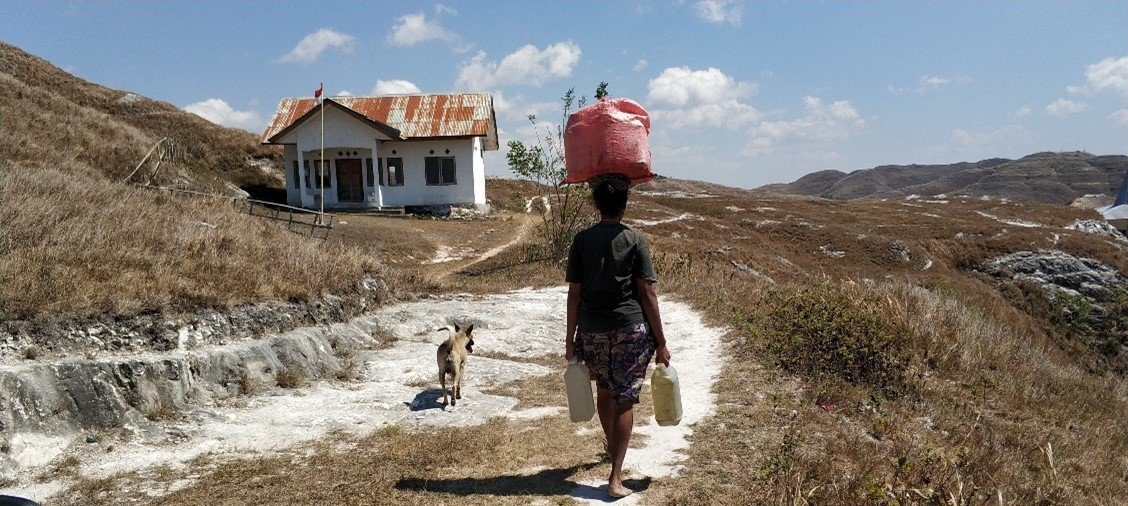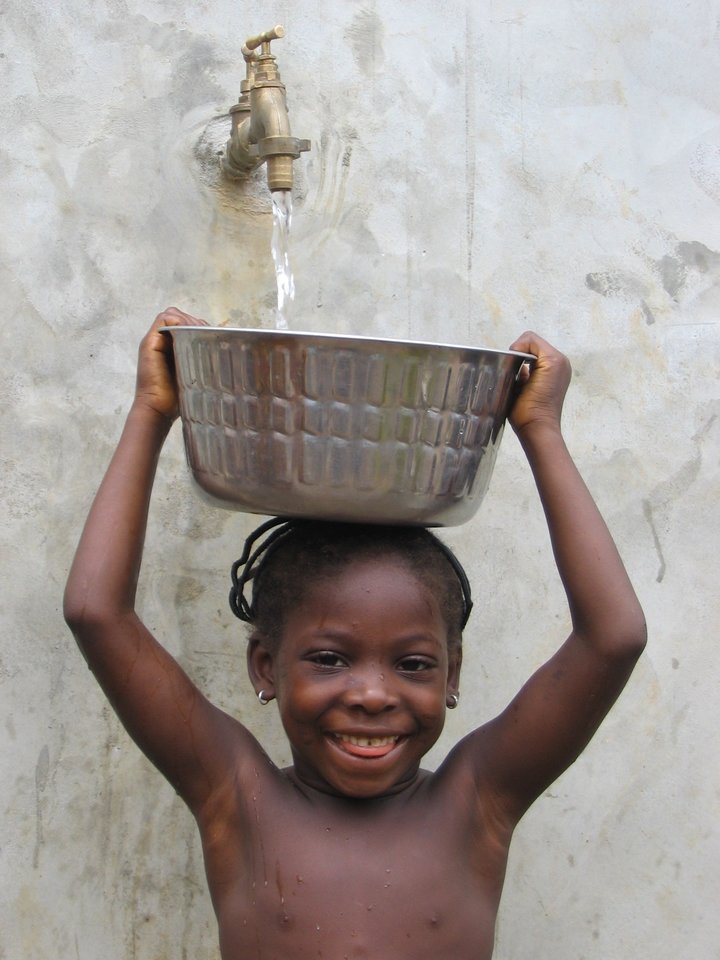Factors influencing the household water treatment adoption in the rural areas in developing countries
Household water treatment (HWT), such as boiling, chlorination, and ceramic filtration, is an interim solution to tackle the problem of unsafe drinking water at home, especially for household who have no access to safely managed water services. Despite its effectiveness to remove pathogens in the drinking water, previous reports indicate that many people in the low and middle-income countries do not use it regularly, i.e. still drink unsafe and untreated drinking water. A behavioural study is thus needed to find reasons for these phenomena which can help related stakeholders in designing appropriate interventions.
Therefore, the main objective of this project is to analyse factors influencing the adoption of household water treatment in rural areas in developing countries, with a special focus of rural areas in the district of East Sumba, Indonesia. Those factors cover, for example, socio-economic conditions of the household, psychological factors, environmental, cultural aspect, and institutional factors.
Besides conducting the behavioural analysis, this project also analyses the drinking water quality at the household level, including the drinking water management and hygiene practices, and investigating factors that influencing the sustainability of water, sanitation, and hygiene services in rural areas.
Location
East Sumba, Indonesia

